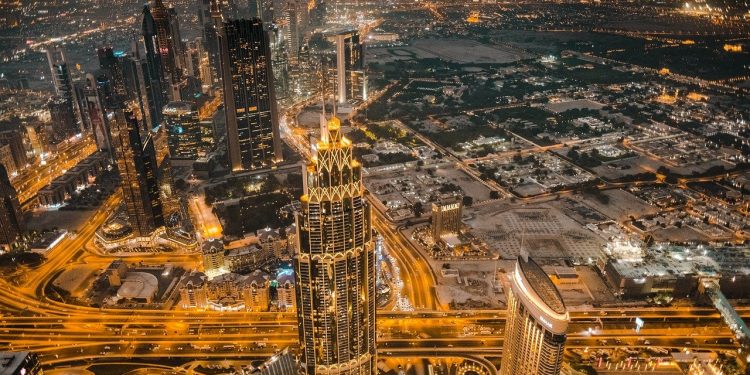Dubai Healthcare City (DHCC) phase two holds “considerable” promise for insurers operating in the region, as growing numbers of expats seek healthcare support in their retirement on the Arabian Peninsula.
The DHCC free zone was established in 2002. It brings together core healthcare services offered by global and regional providers in addition to a network of businesses from hospitality to consultancies and retail outlets.
It is governed by the Dubai Healthcare City Authority (DHCA).
Back in 2016, DHCC set out plans to open its first hospital – the Clemenceau Medical Centre – as part of its phase two expansion into Al Jadaf, Dubai.
And in the first half of the year, DHCC said it was building a new heart and lung hospital as part of the same expansion.
The Prime Heart and Lung Hospital, a new nine-storey complex spanning 33,000 square metres, will feature 150 beds and provide advanced non-invasive, diagnostic, and interventional procedures, as well as specialised rehabilitation.
Considerable promise
According to Dr Ismat Nagani, chief medical officer at Allianz Partners MEA and Nextcare, the phase two expansion holds “considerable” promise for insurance providers. And this includes Allianz Partners and its members.
“The healthcare sector in the UAE, particularly in Dubai, is subject to stringent regulations,” Nagani explained.
“Should the regulatory approach of phase one be replicated in phase two, it is expected that all pricing details will be mandated by the regulator.
“The pricing and claims process is conducted through a digital platform, enabling seamless electronic submission of claims directly to the regulator’s portal, thereby ensuring efficient processing times.
“This streamlined approach guarantees transparent cost structures, with any cost savings directly benefiting our members when they purchase policies or submit claims.”
Medical tourism
A further added benefit for providers could come in the form of increased medical tourism, as DHCC attracts individuals seeking care from its advanced health centres, Nagani further explained.
“Additionally, individuals who previously sought treatment abroad may opt to stay in Dubai and avail themselves of the high-quality care offered, thereby positively impacting the healthcare system within Dubai,” he continued.
“Furthermore, the regulatory inclination in phase two is to transition from a volume-based billing system to a value-based system. This shift signifies that payment will be contingent upon the outcomes of patients’ treatment, recognising the importance of not only the services provided, but also the overall effectiveness of care.”
No need to retain resident status
Neil Carruthers, assistant vice president and account director, international people solutions at Lockton, told Health & Protection that the United Arab Emirates’ (UAE) introduction of new visa options – meaning expats no longer need to be employed to retain resident status – also presents opportunities.
“From investor visas to golden visas, expatriates can now live in the UAE long into retirement, which creates a greater demand for healthcare services” Carruthers pointed out.
“Phase two of Dubai Healthcare City provides a solution to this growing demand by offering state-of-the-art specialty services, such as those offered at the Prime Heart and Lung Hospital.
“Diseases of the respiratory system have long been some of the highest claimed for conditions in the UAE, with diseases of the circulatory system not far behind.
“Providing residents and tourists with additional access to these specialty services via phase two of Dubai Healthcare City is welcome progression.”






